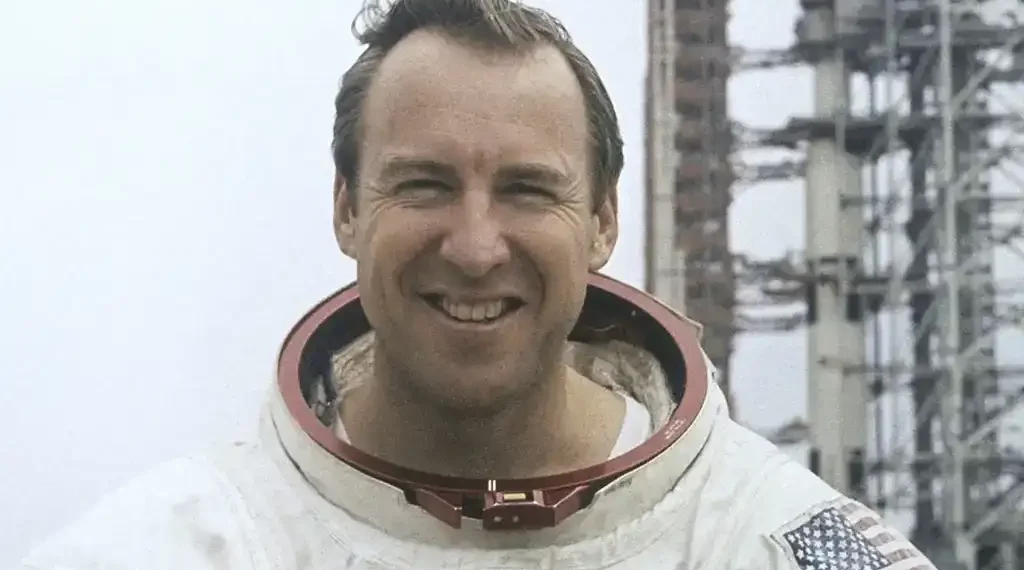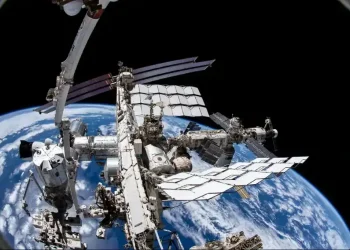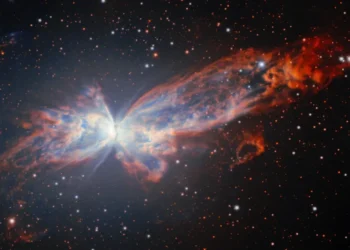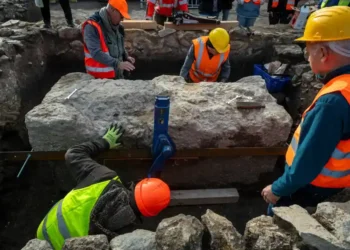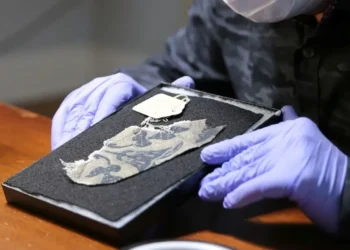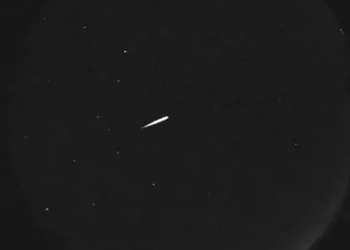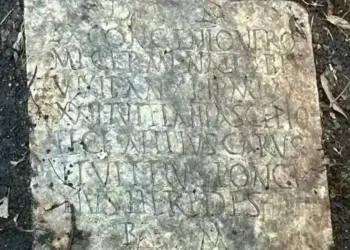James Lovell, Apollo 13 Commander Who Led NASA Through Crisis, Dies at 97
Published: August 9, 2025 – 15:45 (U.S. Eastern Time)
James Lovell, the American astronaut who commanded the ill-fated Apollo 13 mission and helped transform it into a historic rescue, has died at the age of 97. NASA confirmed his passing on Thursday in Lake Forest, Illinois, honoring him as one of the agency’s most respected pioneers.
In a statement, NASA praised Lovell’s “character and steadfast courage,” saying his leadership “turned a potential tragedy into a success from which we learned an enormous amount.”
Early Career and NASA Selection
Born James Arthur Lovell Jr. on March 25, 1928, in Cleveland, Ohio, Lovell’s fascination with flight began at a young age. He studied at the University of Wisconsin before transferring to the U.S. Naval Academy in Annapolis, Maryland, where he graduated in 1952—the same day he married his wife, Marilynn.
Lovell served as a Navy test pilot at the Naval Air Test Center in Patuxent River, Maryland, before being selected by NASA in 1962 as part of its second group of astronauts. His calm demeanor and technical expertise soon made him a trusted mission commander.
Historic Space Missions
Over his career, Lovell flew four space missions—Gemini 7, Gemini 12, Apollo 8, and Apollo 13—spending more than 715 hours in space, a record at the time.
In December 1968, Lovell served as command module pilot for Apollo 8 alongside Frank Borman and William Anders. The crew became the first humans to leave Earth’s orbit, travel to the Moon, and circle it. While they did not land, the mission placed the United States ahead of the Soviet Union in the space race. The crew’s Christmas Eve reading from the Book of Genesis and their iconic photograph of Earth—known as the “Earthrise” image—captured global attention during a turbulent year.
Apollo 13: From Crisis to Triumph
Lovell’s most famous mission came in April 1970 as commander of Apollo 13. The mission was meant to make him the fifth person to walk on the Moon, but an oxygen tank explosion 200,000 miles from Earth forced NASA to abort the landing.
Working with fellow astronauts Fred Haise and Jack Swigert, and guided by flight director Gene Kranz’s team on the ground, Lovell led an improvised survival strategy. The crew used the lunar module as a lifeboat, enduring freezing temperatures and conserving limited oxygen, water, and power during their four-day journey back to Earth.
His radio message, “Houston, we’ve had a problem,” became one of the most famous lines in space history, later immortalized in the 1995 film Apollo 13 starring Tom Hanks.
Lovell later reflected that while the mission failed to achieve its original goal, it was “a success in demonstrating the capability of NASA personnel.”
Legacy and Leadership
Known for his quiet confidence rather than swagger, Lovell inspired generations of astronauts and space enthusiasts. Smithsonian historian Roger Launius described him as “a personable, down-to-earth leader who measured risk and kept calm under pressure.”
Although he regretted never walking on the Moon, Lovell took pride in what Apollo 13 accomplished. In 1995, President Bill Clinton awarded him the Congressional Space Medal of Honor, saying:
“While you may have lost the Moon, you gained the abiding respect and gratitude of the American people.”
Lovell co-authored Lost Moon with journalist Jeffrey Kluger in 1994, which became the basis for the Apollo 13 film. He also appeared briefly in the movie as a U.S. Navy captain—his actual rank at retirement.
Life After NASA
After retiring from NASA and the Navy in 1973, Lovell pursued business ventures and public speaking. He and his family later ran Lovell’s of Lake Forest, a restaurant in suburban Chicago, which closed in 2015.
Lovell’s wife, Marilynn, passed away in 2023. He is survived by four children. In a family statement, they described him as their “hero,” saying:
“We will miss his unshakeable optimism, his sense of humor, and the way he made each of us feel we could do the impossible. He was truly one of a kind.”
Enduring Impact
Lovell’s story continues to symbolize the resilience and ingenuity that define space exploration. His role in Apollo 13 remains a benchmark for crisis leadership, problem-solving, and teamwork under extreme conditions.
Bruce McClintock, head of the RAND Corp. Space Enterprise Initiative, said Lovell’s career “inspired multiple generations of Americans to look at the stars and want to explore.”
Whether orbiting the Moon on Apollo 8 or guiding his crew home during Apollo 13’s darkest hours, James Lovell’s name is etched permanently into the history of human spaceflight.
This article was rewritten by JournosNews.com based on verified reporting from trusted sources. The content has been independently reviewed, fact-checked, and edited for accuracy, neutrality, tone, and global readability in accordance with Google News and AdSense standards.
All opinions, quotes, or statements from contributors, experts, or sourced organizations do not necessarily reflect the views of JournosNews.com. JournosNews.com maintains full editorial independence from any external funders, sponsors, or organizations.
Stay informed with JournosNews.com — your trusted source for verified global reporting and in-depth analysis. Follow us on Google News, BlueSky, and X for real-time updates.
